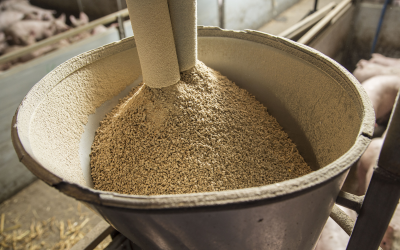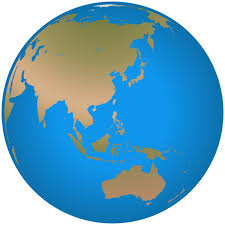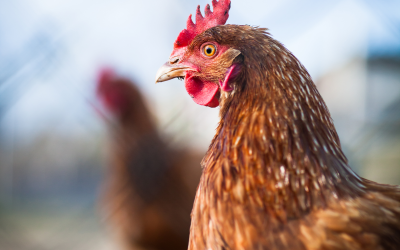Unilever: New planting rule improves palm industry image
A proposed new planting rule by the Roundtable on Sustainable Palm Oil (RSPO), that requires oil palm growers to get approvals from local communities, will improve the industry’s image, a company executive at Unilever NV said.
The industry has previously faced criticism by environmental groups that it cleared forest lands to cultivate oil palms.
The new planting procedure – proposed by environmental groups and set to be adopted at the upcoming Roundtable conference in Jakarta, Indonesia this week – requires oil palm growers to prepare correct regulatory permits, documents that identify areas that fall under primary forest, or peat soils, and for new oil palm plantings from Jan. 1, 2010.
“Too many requirements”
Many growers say they are burdened with too many RSPO requirements and the new planting procedure would slow oil palm expansion particularly in Indonesia, leading to higher prices in the longer term as global demand increases.
"The planting rule is the only way to make sure planters adhere to RSPO principles and requirements," the Netherlands-based Jan Kees Vis, global director for sustainable sourcing development at Unilever, said.
Vis, also president at RSPO, said the planting rule would also put to rest deforestation charges made by environmental groups.
The planting rule, if implemented, would also require growers to address all grievances with local communities before they commence operations on new areas.
Most palm oil producers have made that pledge to be fully certified by the RSPO in the next few years, but Vis warned against a tendency to delay certification plans until demand picks up.




![[Photo: EPA / MA Pushpa Kumara]](https://www.allaboutfeed.net/app/uploads/2020/12/001_354_rb-image-2800109-400x250.jpeg)






